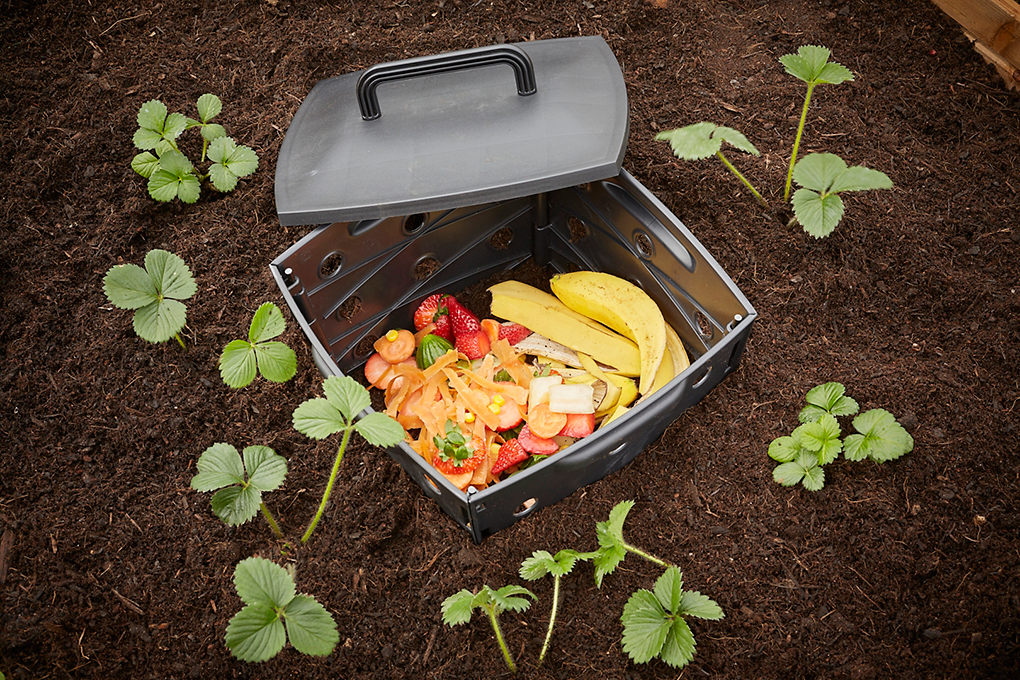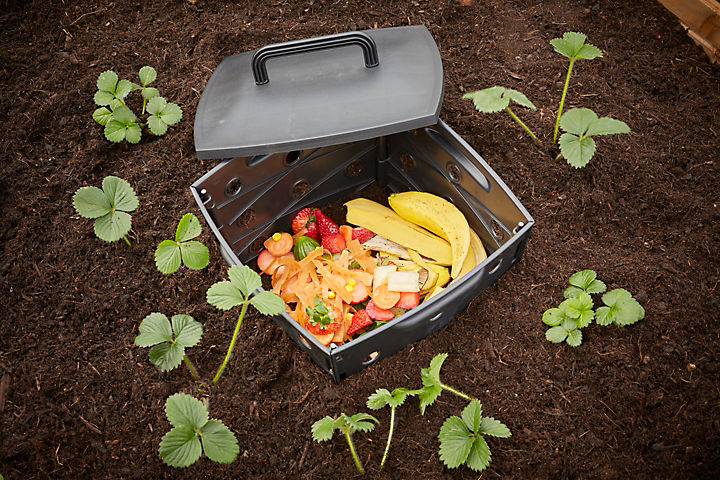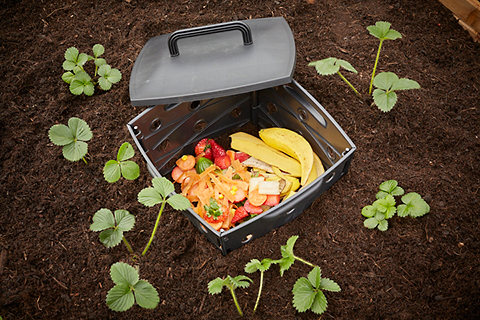Composting is cool: feeding your garden for free
Composting, maybe it’s not a subject that fills you with excitement, we get it. But did you know that composting can transform your waste into nutrient rich food for your garden for free? Composting also greatly reduces the amount of waste you send to landfill. Almost 50% of the contents of the average dustbin could be used effectively for compost.
Our composting guide will give you all the tips and advice you need to turn all that waste into a sustainable garden feed. And you don’t need any expensive equipment either. You just provide the ingredients and let nature do the rest.
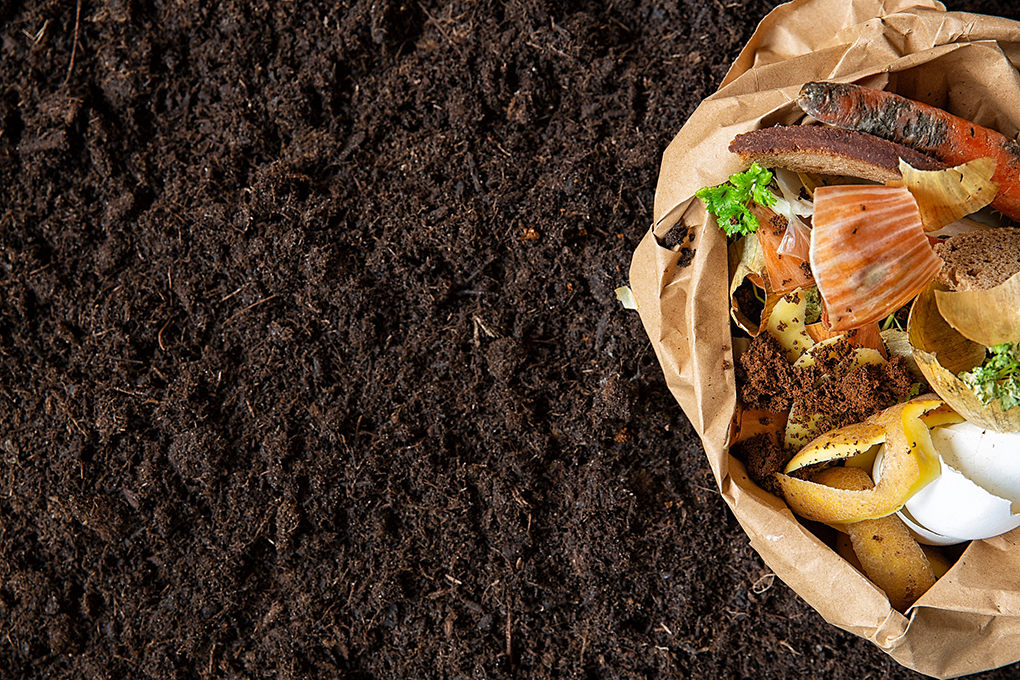

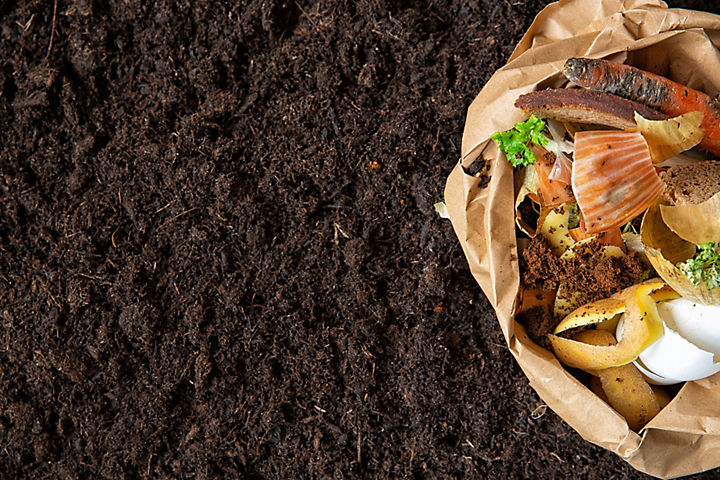
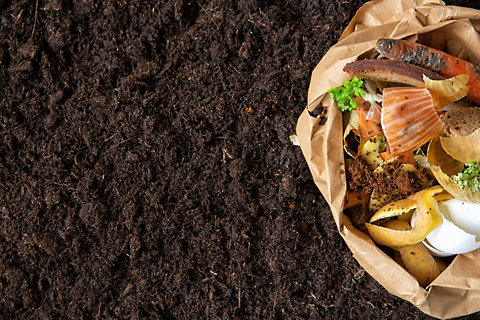
Why should you compost?
In Ireland, almost 40% of household waste that goes to landfill is organic waste, the majority of which is food waste.. Organic materials in landfill are a major source of methane, a greenhouse gas which contributes to global warming.
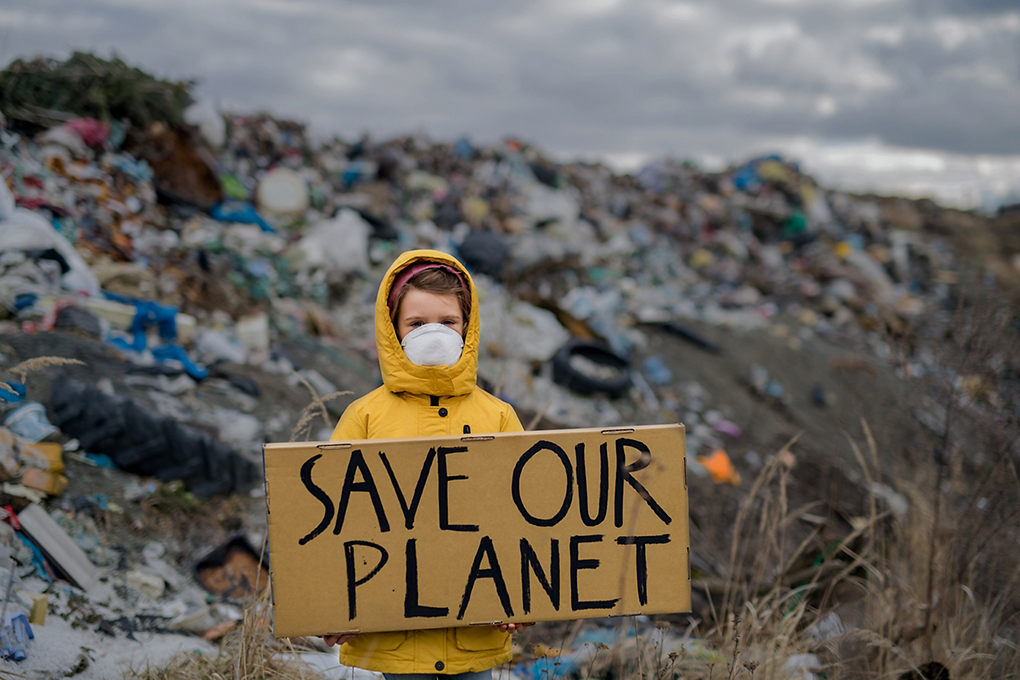

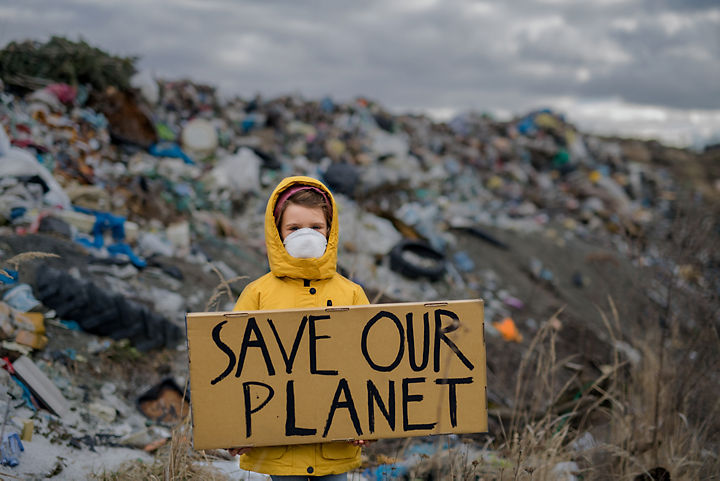
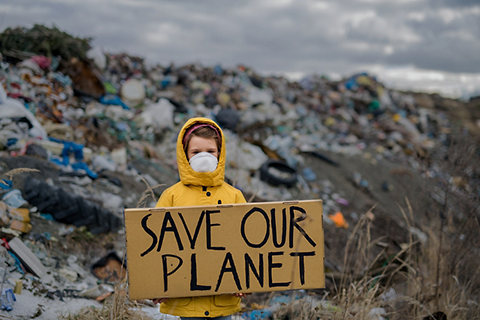
Getting Started
You can choose from a compost bin or a compost heap, both have their advantages, so it depends on what works best for your space.
A bin is specially designed to give you the warmth and moisture necessary for good compost. They’re easy to clean, and you’ll be able to keep control of the odour by shutting the lid.
A heap can be started on bare earth anywhere in your garden and covered with a tarp. Worms will be able to get in and aerate the pile, helping the materials to breakdown.
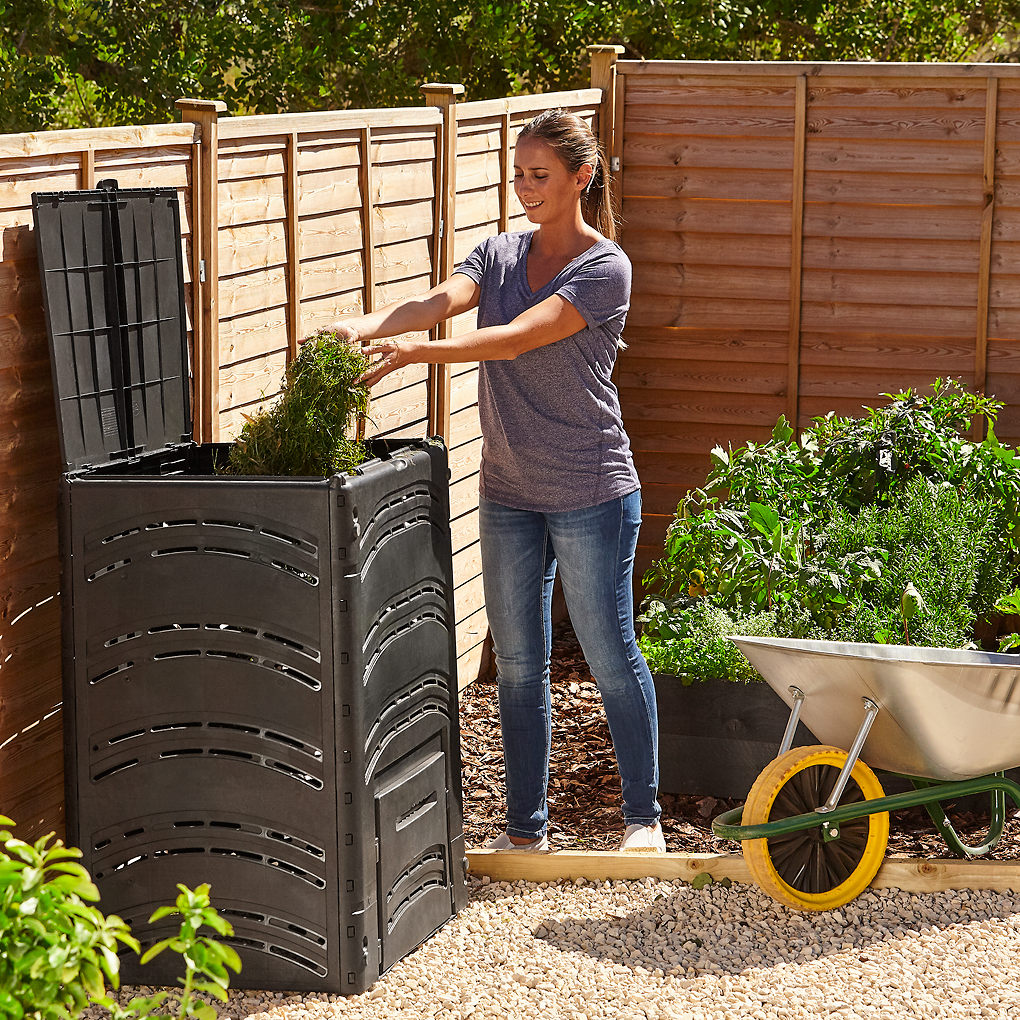

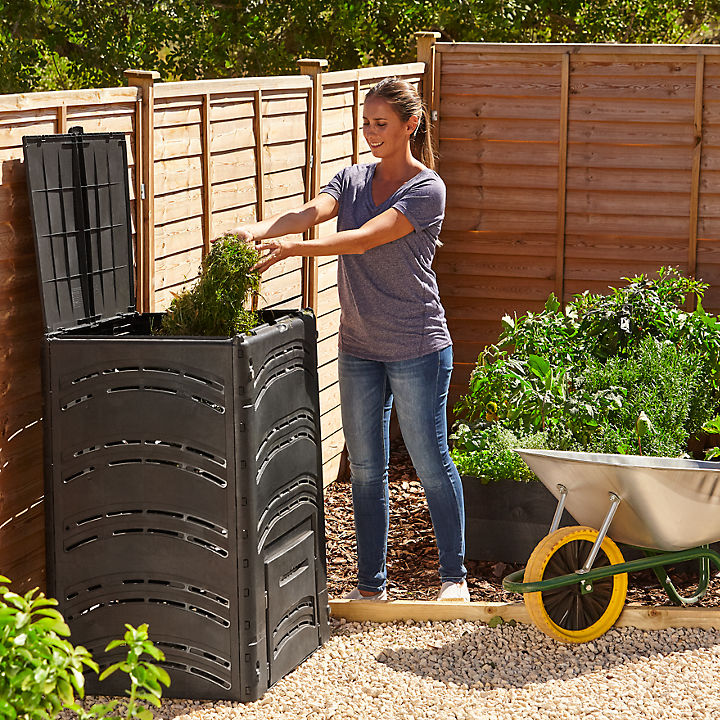
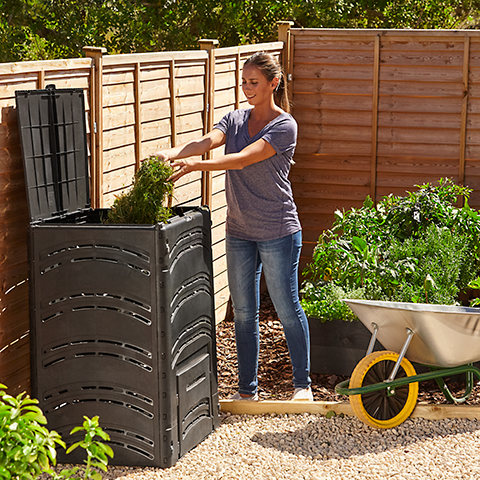
What to Compost
The following table will help you with what can and can’t be composted.
| Waste Material | Value | Tips |
| Waste water/drinks | Neutral | Your compost heap should be kept nice and moist at all times, topping up with water every now and then can help with this; although with too much water you'll end up creating a swamp. |
| Cardboard | Carbon | Small quantities of cardboard can be good for a compost heap, if you have a large amount; however, it's best to recycle rather than compost. |
| Corn cobs or stalks | Carbon | These are best when shredded, as they'll break down a lot faster. |
| Coffee grounds and filters | Nitrogen | Great treat for the worms! |
| Fruit and fruit peel | Nitrogen | Fleshy peel like banana peel can take longer to decompose, bury in the middle. |
| Tumble dryer lint | Carbon | Great for moisture levels. |
| Egg shells | Calcium | Crush shells as they break down slowly. Great obstacle course to keep the slugs and snails away. |
| Hair | Nitrogen | Sprinkle evenly across pile. |
| Dry or Green Leaves | Carbon | Avoid using diseased plants or bushes. |
| Manure (chicken, cow, goat, horse, pig, rabbit, sheep) | Nitrogen | Great for speeding up the composting process. |
| Newspaper | Carbon | Similar to cardboard, only use in small broken down amounts. Consider recycling large amounts. |
| Pine needles and cones | Carbon | Slow break down and acidic finish, use moderately. |
| Sawdust and wood shavings | Carbon | Very high carbon content so avoid using lots unless you can balance with a lot of nitrogen. Use untreated wood only. |
| Vegetables | Nitrogen | Bury deep to speed up break down. |
What not to Compost
Most types of kitchen and garden waste are fine to throw on the compost heap, however; there are a few things you'll definitely want to avoid.
| Waste Material | Effect |
| Ashes from coal or charcoal | Coal ash is an alkali and can throw off your compost's PH balance. Some brands of charcoal contain paraffin, wax or other chemicals you wouldn't want in your garden, as well as the grease that dripped down from your barbecue. |
| Dairy (cheese, milk, yoghurt) | These won't add much to the compost but will make it more attractive to pests. |
| Diseased plants | If you use diseased material for composting you risk spreading that disease further around your garden. |
| Fish scraps and bones | Builds unpleasant smells and attractive to unwanted rodents. |
| Lemons and limes | While they are OK in small amounts, citrus fruits are highly acidic and may stop the composting process. |
| Manure (bird, cat, dog) | May contain diseased organisms. |
| Meat, fat, grease, oil or bones. | These are very slow to decompose and don't contribute very much to the soil quality. |
| Treated wood | The varnish or oils used to treat wood often contain chemicals which aren't much good for your soil; even naturally treated wood is likely to be too strong an alkali to benefit your composting. |
| Weeds | Weeds tend to be highly persistent species that could come back even when removed and placed in compost, best to destroy them yourself or put in the bin. |
Speeding things up
Ordinarily, compost can take up to 9 months to break down to usable level, and even longer if you have a lot of fleshy fruit peels or other large items in there. Turning over the compost with a pitchfork every couple of weeks will help the process along, we also have a range of compost accelerator products available which add extra microbes and enzymes to the mix, encouraging faster breakdown.
